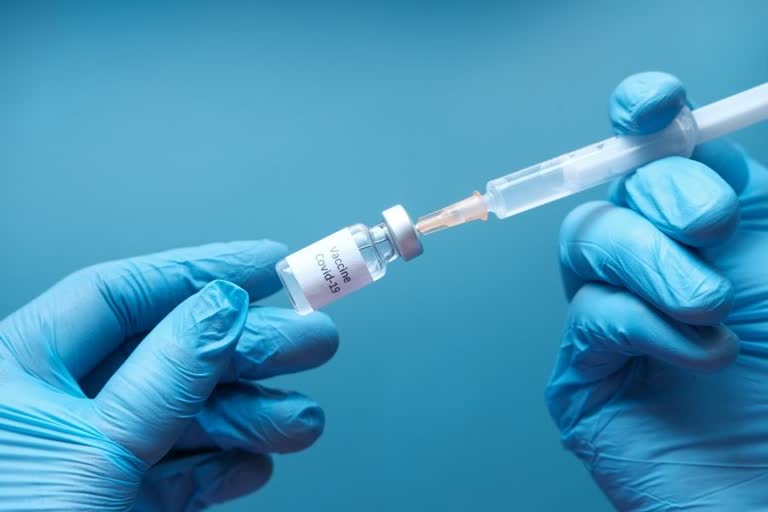The researchers found that over the study period, the effectiveness of the vaccine against all SARS-COV-2 infections declined, falling from 88 percent within one month after receiving two vaccine doses to 47 percent after six months. However, the effectiveness of the Pfizer (BNT162b2) vaccine against hospitalizations remained at 90 percent overall for all variants, they said.
The study underscores the importance of improving COVID-19 vaccination rates worldwide and monitoring vaccine effectiveness to determine which populations should be prioritized to receive booster shots, the researchers said. "Our study confirms that vaccines are a critical tool for controlling the pandemic and remain highly effective in preventing severe disease and hospitalization, including from the Delta and other variants of concern," said the study's lead author, Sara Tartof from Kaiser Permanente in the US.
"Protection against infection does decline in the months following a second dose," Tartof said. The researchers noted that considerations for booster shots should take global COVID-19 vaccine supply into account as people in many countries around the world have not yet received a primary vaccination series. The research team analyzed 3,436,957 electronic health records from the Kaiser Permanente Southern California (KPSC) health system between December 4, 2020, and August 8, 2021, to assess vaccine effectiveness against SARS-CoV-2 infections and COVID-19-related hospitalization.
During the study period, 5.4 percent of people were infected with SARS-CoV-2. Among those who were infected, 6.6 percent were hospitalized. The average time since being fully vaccinated was between three to four months. The study found that vaccine effectiveness against Delta variant infections at one month after two doses of Pfizer was 93 percent and fell to 53 percent after four months. Effectiveness against other variants at one month after receiving two doses was 97 percent and declined to 67 percent after four months, the researchers said. Effectiveness against Delta-related hospitalizations remained high (93 percent) for the duration of the study period, they said.
Researchers did not observe a difference in waning between SAR-CoV-2 variant types.
